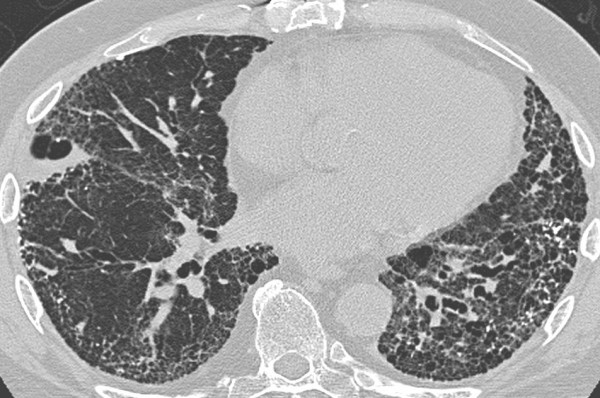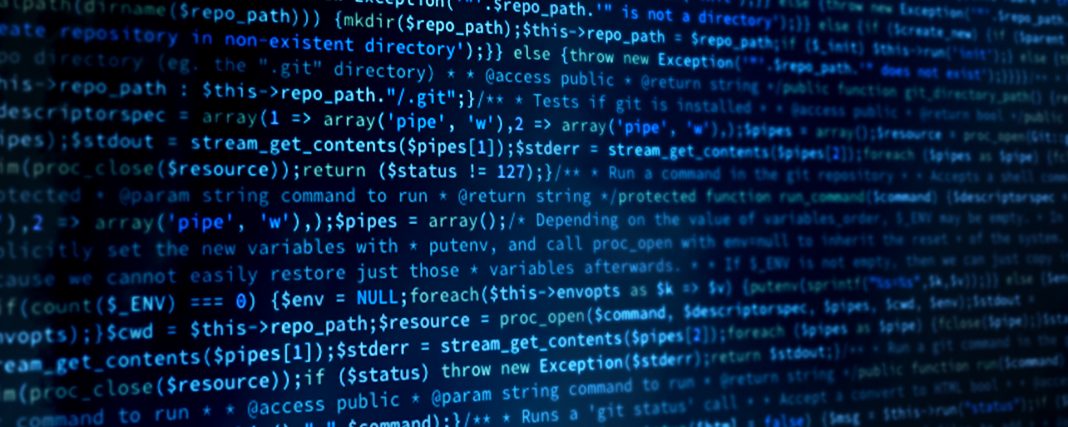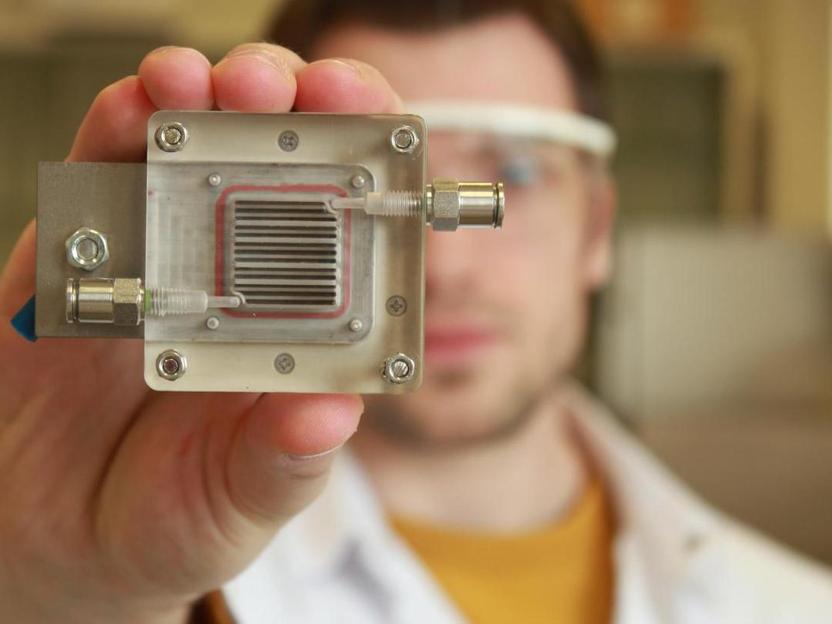It may seem like a huge amount of money, but the lives it could potentially save far outweighs the cost. The contest itself offered various prizes for those that could come up with the most accurate algorithm for detecting lung cancer using machine learning. But, where machine learning normally involves studying massive data sets, only 2,000 images were provided to the team for this contest.
The challenge used low-dose computed tomography images to best identify lung cancer. Although the algorithms won’t be used by any clinicians just yet they could spark more medical innovations to be introduced in medical imaging. While doctors have seen great potential in low-dose CT scans in the past to detect cancer early on, diagnosis is still very difficult, resulting in far too many medical procedures and a high number of false positives.

Deep learning has proved particularly useful for detecting patterns in images over the past few years and medical professionals are hopeful other types of machine learning methods can also be used to improve diagnosing standards of medicine. It’s already been used to detect skin cancer in certain images and the same technique’s proven effective for detecting blindness too. Keyvan Farahani is a program director at the National Cancer Institute and he says that existing software just isn’t reliable enough when it comes to detecting lung cancer. “Preliminary results suggest [the top algorithms] are better than what’s available already,” says Farahani. “Deep learning will help digest large amounts of data. I don’t think they’re going to replace doctors or radiologists.
The winning team in the competition used a neural network and added extra annotating images to allow more data points. It also broke down the competition into two parts by identifying modules first and then diagnosing cancer. Zhe Li, a member of the winning team says, “We think that explicitly dividing this problem into two stages is critical, which seems also to be what human experts would do.” He also commented that although it’s nice to develop something that may save people’s lives, the prize money was his major motivation.
More News to Read











